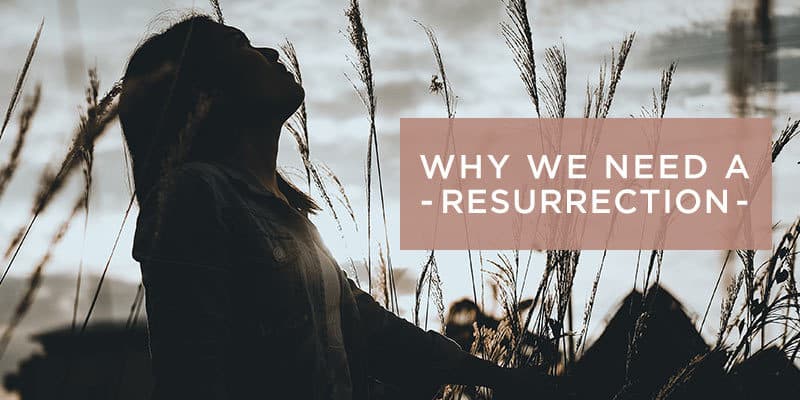Episode #1 In this introductory episode, Kelly...

STUDY THE BIBLE FOR THE SAKE OF OTHERS
I grew up in a church environment where a “Plan of Salvation” was regularly presented. If you prayed the sinner’s prayer, it was generally understood that no matter what happened from there on out, you were saved and good to go.
Bibles were sometimes passed out with little instruction, as though the new believer could automatically make sense of this strange new world of Jewish and Christian history. In the best of environments, my teachers and church leaders cared deeply about and fostered a person’s subsequent growth as a follower of Jesus. But often the emphasis was on conversion instead of the conversations that led to being a life-long disciple of Christ.
This short post, however, is not about salvation per se as much as it’s about a lesson the apostle Philip taught me in Acts 8. A lesson about the richness of the gospel and the relational ways we can share it. And yes, this text includes salvation, but in broader terms then we typically think of.
PHILIP AND THE ETHIOPIAN EUNUCH
When Philip came upon an Ethiopian high official (Ethiopian eunuch), the Holy Spirit told Philip to go and join this man’s chariot. (The word join here means glue together, cling to, attach oneself.) In other words, it would simply not due for Philip to walk up to this stranger, present a set statement about Jesus, then drop a copy of the Scriptures off, all the while feeling good about having done his duty. (Interestingly enough, this man already had the Scriptures and was reading them!) Philip was to go connect with him and get inside his chariot. This instruction alone is a real paradigm shift when so often we expect the chariots to come to us.
When Philip overheard this high official reading the words of the prophet Isaiah, he asked a most engaging question: “Do you understand what you’re reading?” See, it wasn’t enough that the official was reading the Bible, it mattered that he understood it, and we’ll see in a moment why this is so important. The Ethiopian eunuch’s response was as straightforward as it was humble: “‘How can I,’ he said, ‘unless someone guides me?’” We can miss the point of this question if we’re not careful: we need teachers to help us understand the Bible!
I stopped to think about all the awkward times I’ve tried to condense the good news about Jesus into a step-by-step presentation when the person I was speaking to had no context for what I was talking about.
Or the times I’ve handed someone a New Testament, hoping they would somehow “get it” on their own. While this most certainly happens, when we don’t take the time to teach the Bible to others we dilute the complexity, historicity, and beauty of its story, and our listeners miss significant facets of the good news about Jesus. The Ethiopian official needed a teacher, as do we. He needed someone to explain to him what Isaiah 53:7-8 meant. To relationally unfold it for him in a way that made sense.
[click_to_tweet tweet=”We must be willing to step into some chariots and sit alongside people who can’t make sense of life, much less the Bible.” quote=”We must be willing to step into some chariots and sit alongside people who can’t make sense of life, much less the Bible.”]
One of the most moving parts of the scene is when this high official invited Philip to “come up” and “sit with him”. In this side-by-side setting, the Ethiopian eunuch was comfortable asking questions of Philip, and Philip was excited to respond. There was dialogue. Perhaps most significantly, Philip sat in the Ethiopian’s chariot, not the other way around.
Now here’s the part that I hope will shape my teaching for the rest of my life (and my learning from other teachers). “Philip proceeded to tell him the good news about Jesus, beginning with that Scripture.” (Acts 8:35, emphasis mine.) Can you imagine beginning in Isaiah to explain the good news about Jesus to someone? How about beginning in Genesis, 2 Samuel, or Jonah? The point here, of course, is not that we have to begin in a particular book, but that all of the Bible is important to the story of Jesus.
SHARING THE BIBLE WITH OTHERS
I want to be someone who is so fully acquainted with the Bible that I could start with any Scripture and teach someone all the way to Jesus. (I’m not that well acquainted yet, but my hope is to be more like Philip.)
So here are the two challenges this passage confronts us with: First, we must be willing to step into some chariots and sit alongside people who can’t make sense of life, much less the Bible (assuming we’ve been invited in). Second, we must be studying God’s Word diligently, learning from good teachers about His whole counsel, so that when we do have opportunities with those seeking to understand, we can engage them with the whole story instead of leaving them with a presentation.
It was essential that Philip understood Isaiah because it foretold good news about Jesus. Since we can only teach others what we’ve learned ourselves, consider studying a book of the Bible this summer. Yes, for your own sake, but also for the sake of someone who might just be looking for the good news.
This post originally appeared on lifewayvoices.com.
Episode 1: Community Begins at Home

THE SIMPLE SECRET TO BEARING THE FRUIT OF THE SPIRIT
“Therefore, as God’s chosen ones, holy and...

WHEN LIFE SEEMS COUNTER TO GOD’S WILL
I recently finished writing a Bible...

HONEYVINE MILKWEED AND THE SNEAKINESS OF SIN
I’m battling an invasive weed cropping up in my...

STUDY THE BIBLE FOR THE SAKE OF OTHERS
I grew up in a church environment where a “Plan...




